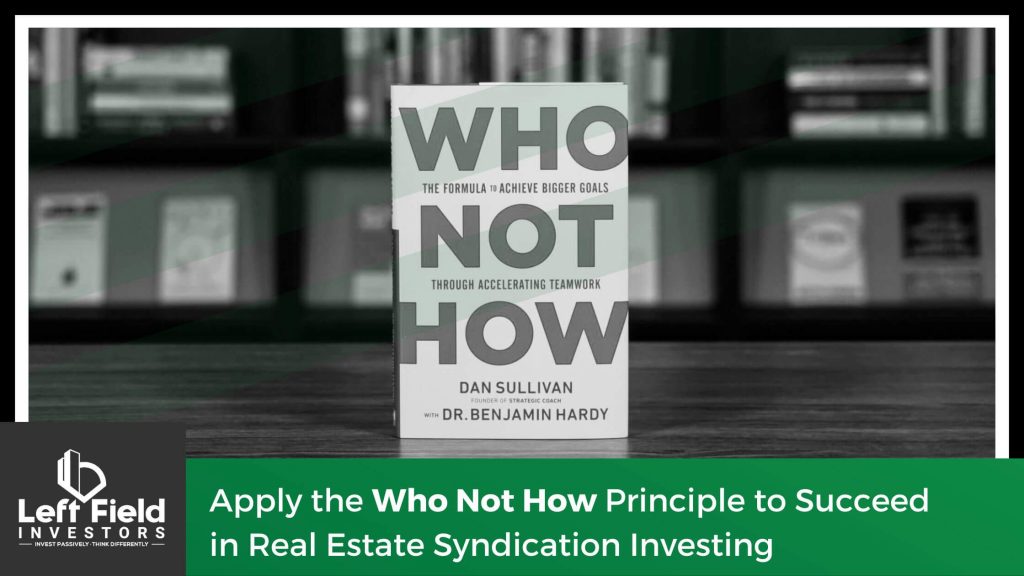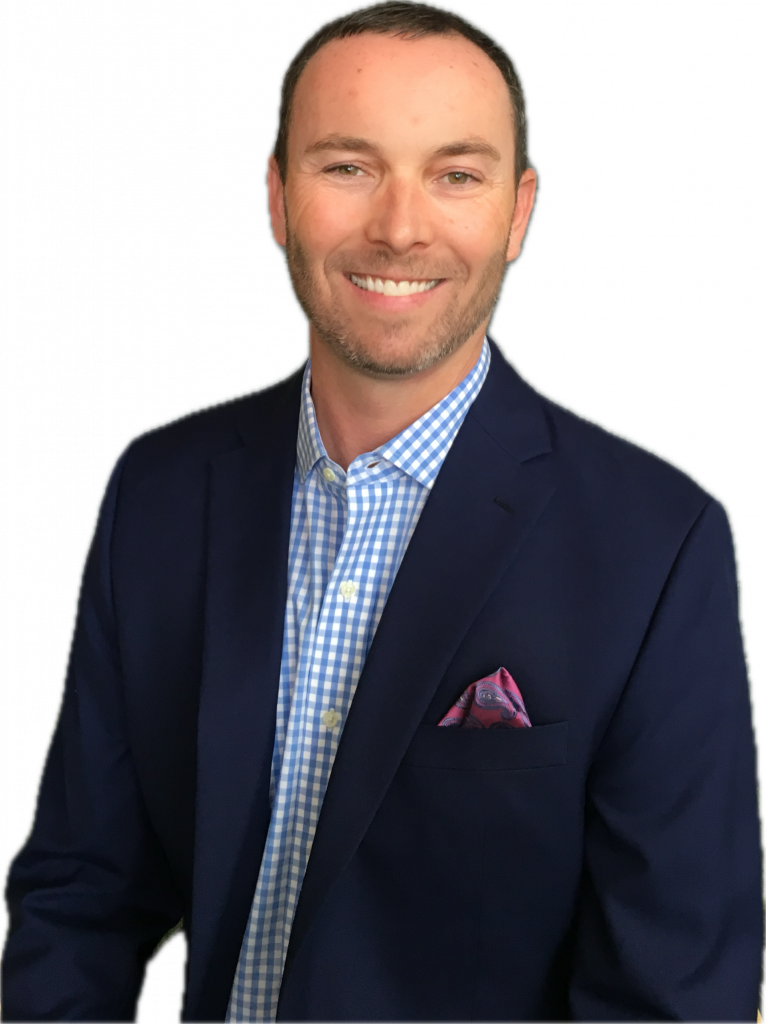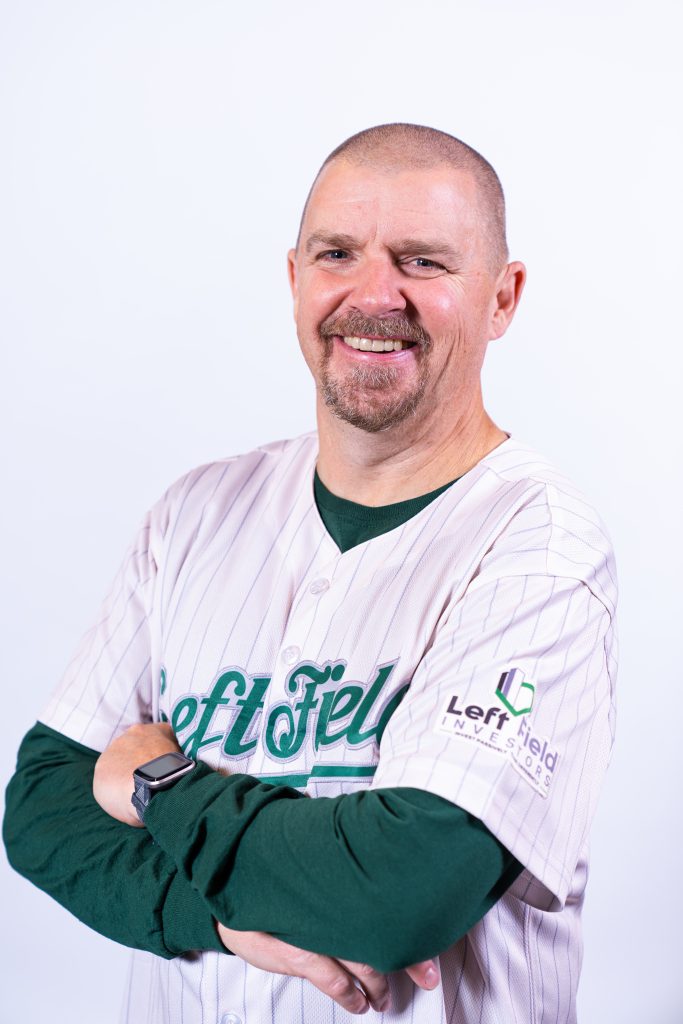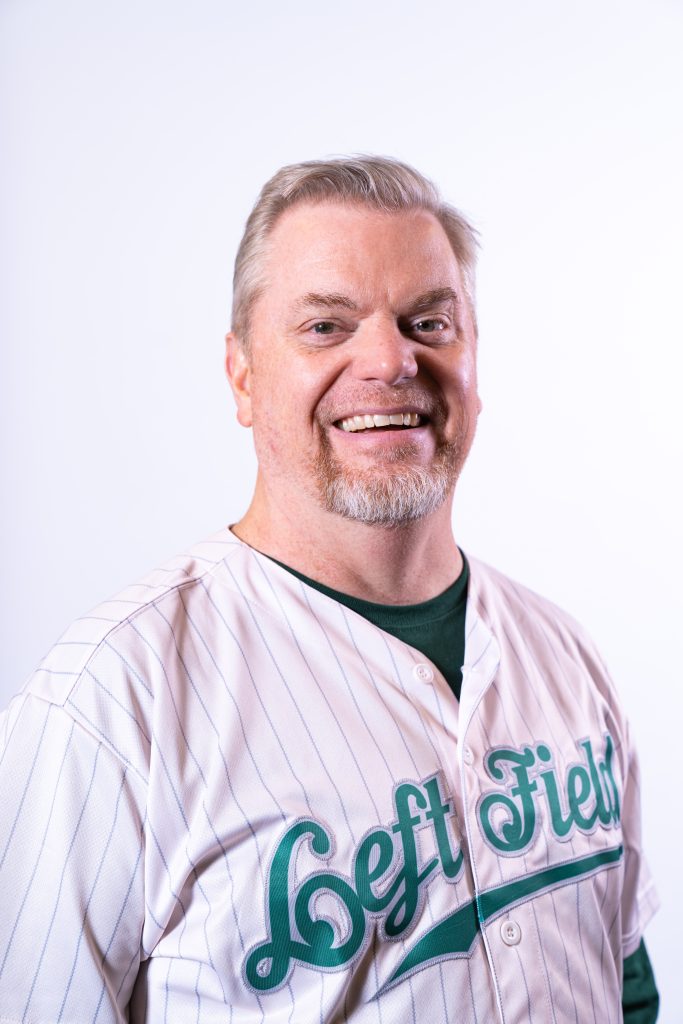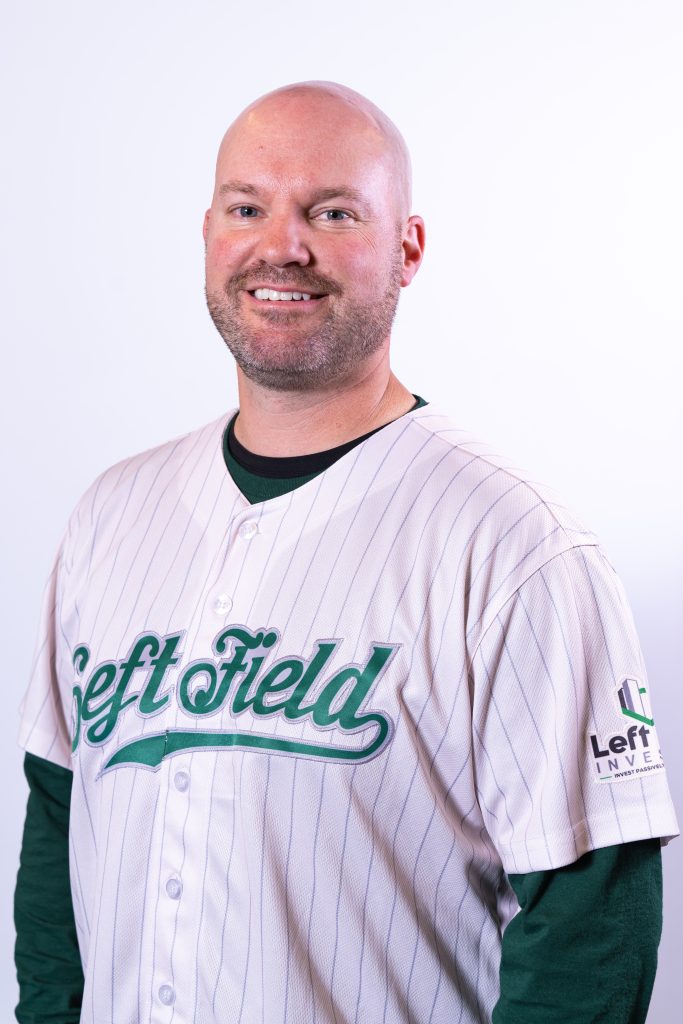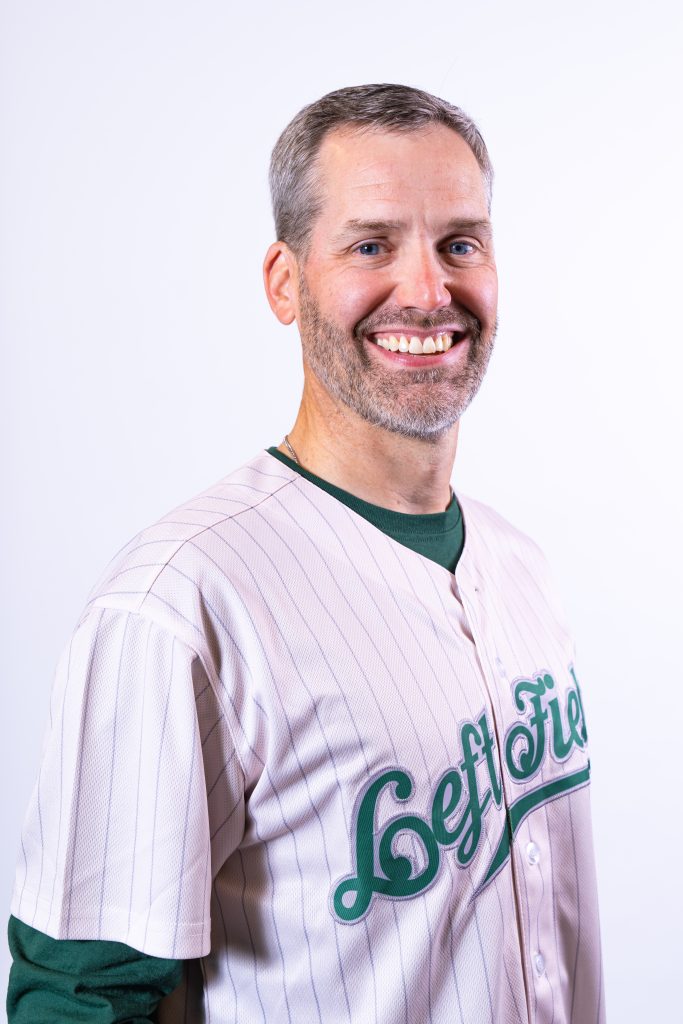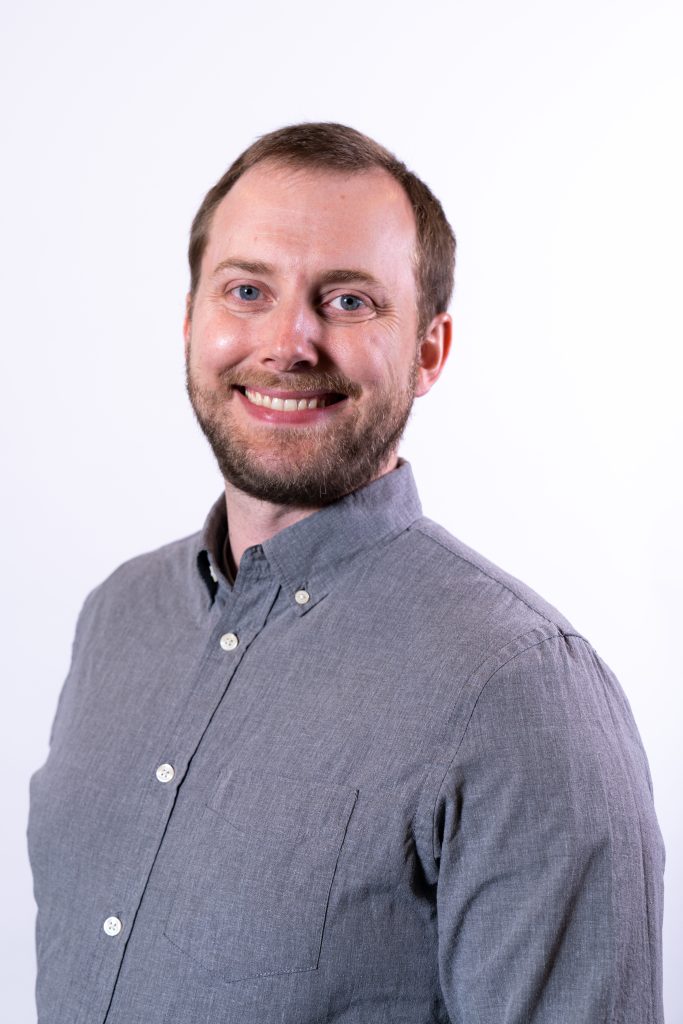I love when I come home from a long day at work
and see that my lawn has been freshly manicured. When I used to do the mowing,
I would have to mentally schedule time after work or on the weekends. Of
course, I would also have to watch the weather forecast and adjust my lawn care
duties accordingly.
Each week, I had to ask, “How am I going to get this done?” My sons did take over this
responsibility for a while when they were old enough, but after they left for
college, I asked a different question: “Who
can mow the lawn for me now?”
My wife and I decided to hire a lawn and
landscaping service, and we never looked back. Even though it took less than
two hours a week of my time, I felt that hiring that company has been a great
“investment”.
In addition to supporting a local business, I have
more time to go for a run, hang out with my family, play tennis, read, and even
write blogs. In other words, I have more time freedom!
Ask a better question
While reading the book Who Not How by Dan
Sullivan and Benjamin Hardy, I realized I had been applying this “who not how”
principle to many aspects of my personal and professional life.
For example, as a physician, I depend on my
front-office staff to make appointments and to straighten out insurance issues,
and I rely on my back-office staff do the initial part of the patient workups
and to help me with charting in the medical records. I could never see as many
patients as I do in the finite time that I have in each day if it were not for
my excellent staff. They are my Whos who help me accomplish my How more
efficiently every workday.
It dawned upon me that “who not how” is also a
great rule to follow if you are a real estate investor, especially if you want
to be a passive investor.
The basic premise of this book is to use other
people’s education, experiences, and talent to “gain freedom of time, money,
relationships, and purpose”. Instead of asking “How can I achieve this?”, the authors convince you to ask “Who can help me accomplish this?”
Real estate investors understand the concept of
leverage as it relates to financing a property. This notion of “who not how”
utilizes leverage as it relates to time and human capital.
“Unlearn the bad habit of
How, and lean into the good habit of Who.”
– Who
Not How
Spoiler Alert: Dan Sullivan, the originator of this idea, did not write a
single word of this book. Benjamin Hardy
approached Dan after hearing his presentation on this “Who Not How” concept.
Ben wanted to write this book because he loved the principle. He eventually got
Dan’s blessing, and the rest, as they say, is history! Talk about putting your
money where your mouth is!
How do active real estate entrepreneurs use (or
don’t use) “Who Not How”
The Wholesaler
Many real estate investors start their journey as
wholesalers – those who find houses (usually unwanted) and quick-turn them to
house flippers for a moderate profit. They hustle around town to stick “WE BUY
UGLY HOUSES” bandit signs into the grassy area next to busy intersections or
staple them to telephone poles.
Although most wholesalers do it by themselves or
with their partner, some of the more successful wholesalers employ the “who not
how” principle and hire others to do the work for them so that they can work on their business and not in their business. However, this still
requires their time to double check that signs have been strategically placed
and to follow up on leads.
The House Flipper
Early on, most flippers tend to swing hammers and
become experts with the paint roller. If their acquisitions increase, they
start running out of hands and time and tend to find Whos to do their How. But
even with the best systems in place, flippers still have to manage their teams
to make sure they show up to their respective job sites to finish up the work
in a timely fashion.
The Buy-And-Hold Investor
This type of investor must deal with many moving
parts. They also have many Whos in their business such as wholesalers,
realtors, inspectors, lenders, title companies, attorneys, insurance agents,
and property managers. Even with so-called turnkey operations,
this “passive” investor still must deal directly with many of these Whos. And
if property managers quit on you, you may no longer be a passive participant.
For one of my “turnkey” single-family homes, I ended up having five property
managers in the eight years that I owned it!
The Private Lender
As I transitioned out of my small residential
portfolio, I did some private lending to some local house flippers. Even though
the returns were solid, I still felt that this was not truly passive. I was the
one who had to make sure the legal paperwork was filled out correctly and
filed, and many times, I had to go to the title agency for the closings. I
never did figure out how to use a Who for my How in my lending business!
“Who Not How”
is essential for the passive syndication investor
The main issue with active investing is that you
end up diluting your energy and focus. There are only so many hours in a day to
get your work done. Even with a great team, you still have to manage the
day-to-day activities.
Passive investors do not ask themselves, “How can I do this by myself to achieve
my financial goals?” Instead, they intuitively ask “Who can help me with my goals?” Remember that your Whos are an
“investment” that will save you time and flatten your learning curve.
“How requires your
time and attention. Who requires someone else’s.”
– Who
Not How
I spent countless hours researching sponsors,
talking with them, and figuring out whether to invest with them. However, I did
not have any of the right Whos to help me. I may have spoken with references
hand-picked by the sponsor, but that is a slippery slope. Of course, they will
say what the sponsor wants them to say because they probably did not invest in
any of their deals that did not go as planned!
The Whos that
are vital to accomplishing your passive investing How
Podcasters and Bloggers
Many passive investors first discover this
burgeoning investment strategy after listening to podcasts or reading blogs. This is a
great way to learn more about the various asset classes and to find
syndicators. Many sponsors will have educational materials on their websites to
help you navigate the world of passive syndication investing. Listening to a
sponsor on a podcast can also give
you an idea of what they are like on a personal level and to see if it is worth
your time to talk with them on the phone.
Sponsors/Syndication Team
Passive investors find out quickly that the
sponsor is the most important part of any private syndication. These Whos have
more to do with the success of a project than the deal itself or its location.
They, in turn, rely on their Whos – real estate brokers, lenders, construction
team, and property management – to help them run the asset efficiently and to
be profitable. It is vital that you find several syndicators so that you
can diversify your investments across asset classes and geography.
“You define the vision, find
the Who or Whos, and let them create the result.”
– Who
Not How
Accountant / Tax Advisor
As a real estate investor, this Who will enable
you to minimize your taxes each year.
Many people file their own taxes. This is the How mentality. Unless you are a
CPA who specializes in real estate, hire a tax professional to utilize the tax law to maximize
your tax savings especially when you have several syndications in your
portfolio.
Other Passive Investors
These essential Whos will give you names of syndicators they know,
like, and trust. They will give you confidence in sponsors because they can
relate how their investments have done and tell you how their communications
have been. Other passive investors will teach you the right questions to ask
the syndication team, and they can teach you what they find important when vetting deals. Instead of
employing the trial-and-error approach, find Whos who will save you time and
money.
Left Field Investors founder Jim Pfeifer was my first passive investing Who, and I believe I
was one of his first Whos. We met up for coffee one day in January of 2020 and
compared notes on sponsors and deals. We both left that meeting with more
confidence in what we were getting into was the right path for our respective,
financial futures.
“You can survive without a
community, but you can’t thrive without one.”
–
Dan Sullivan
Communities like Left Field Investors provide lots
of education and networking opportunities in this space to find Whos. LFI has
free Monthly Meetings where the
guest speaker is usually a sponsor or a veteran passive investor. After the
Monthly Meetings, we have virtual networking to discuss all things in the
passive investing world.
All Left Fielders can opt in each week in the Intros program to
coordinate a mutual time to speak one-on-one with another Left Fielder. Our
weekly Mound Visits, hosted by one of the founders, is another opportunity for Infielders to discuss
deals and sponsors via the Clubhouse app. Our inaugural, live Meetup in The
Left Field, held in October of 2022, was a great networking and educational
event to find many like-minded Whos.
Lastly, the private, Infielders forum allows you
to not only discuss deals and sponsors, but also to see who are in these
discussions so you can connect with them. Many members find this to be the most
valuable part of the Infield. It is a great way to find your own references for
syndicators.
“That’s the power of having a
Who – you instantly get access to knowledge, insights, resources, and
capabilities that are not currently available to you.”
– Who Not How
Conclusion
You will have more time, more money, better
relationships, and a greater sense of purpose when you dedicate yourself to
finding Whos instead of figuring out How to do things by yourself. Allow
passive investing to be a “team sport” so that you and your Whos can shorten
time frames and 10X one another’s financial acumen. And don’t forget to apply
the “Who Not How” principle to the rest of your life too.
Steve Suh is one of the founders of Left Field Investors. He began investing in real estate in 2005 when he bought his business’ office condo. After owning a few small residential rentals and seeing that it was not easily scalable, he transitioned to the world of passive investing in commercial real estate syndications. He enjoys learning and talking about real estate and hopes to educate more people about the merits of passive investing in the Left Field.
Nothing on this blog or website should be considered financial advice. Investing involves risks which you assume. It is your duty to do your own due diligence. Read all documents and agreements before signing or investing in anything. It is your duty to consult with your own legal, financial, and tax advisors regarding any investment.

